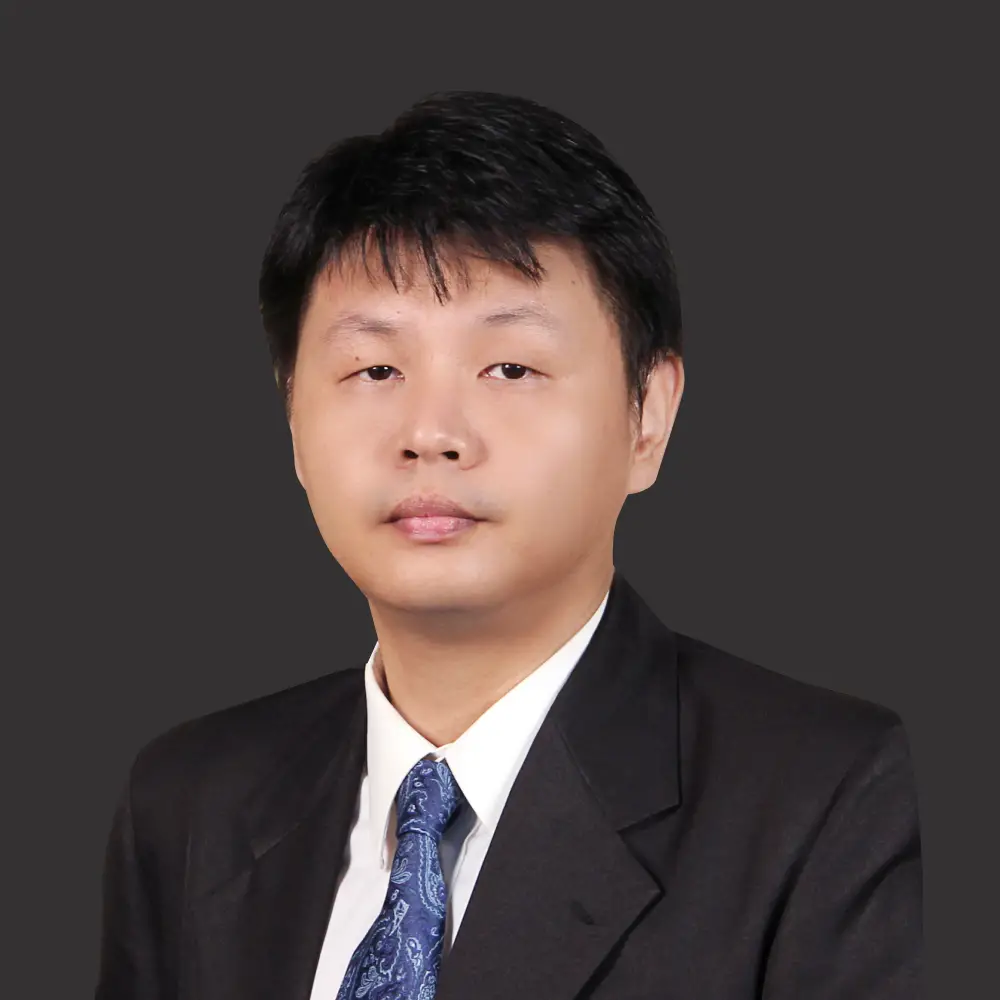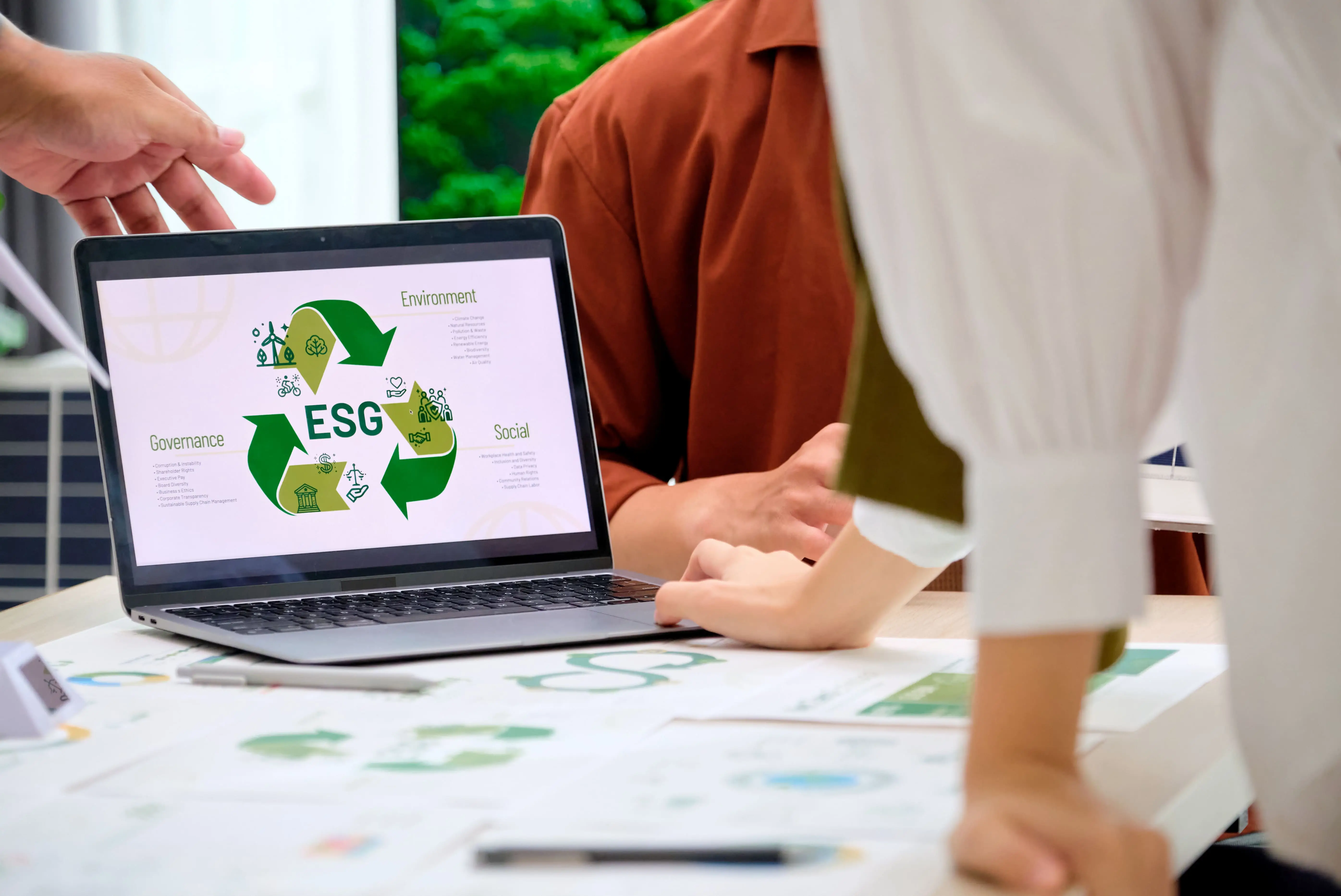Financial Sustainability
This research cluster is committed to reshaping financial systems to drive long-term environmental, social, and economic sustainability. Rooted in ethical finance, our work spans critical areas such as green and Islamic finance, ESG integration, impact investing, and financial inclusion. We bridge academic research with policy development and industry practice, advancing innovations in climate finance, digital financial literacy, and sustainable investing.
In alignment with the United Nations Sustainable Development Goals (SDGs), the cluster promotes equitable access to capital, resilience in financial systems, and inclusive economic growth. As a collaborative hub for interdisciplinary research, community engagement, and thought leadership, we aim to position finance as a powerful tool for driving systemic change—transforming capital flows into catalysts for social equity and environmental progress.













